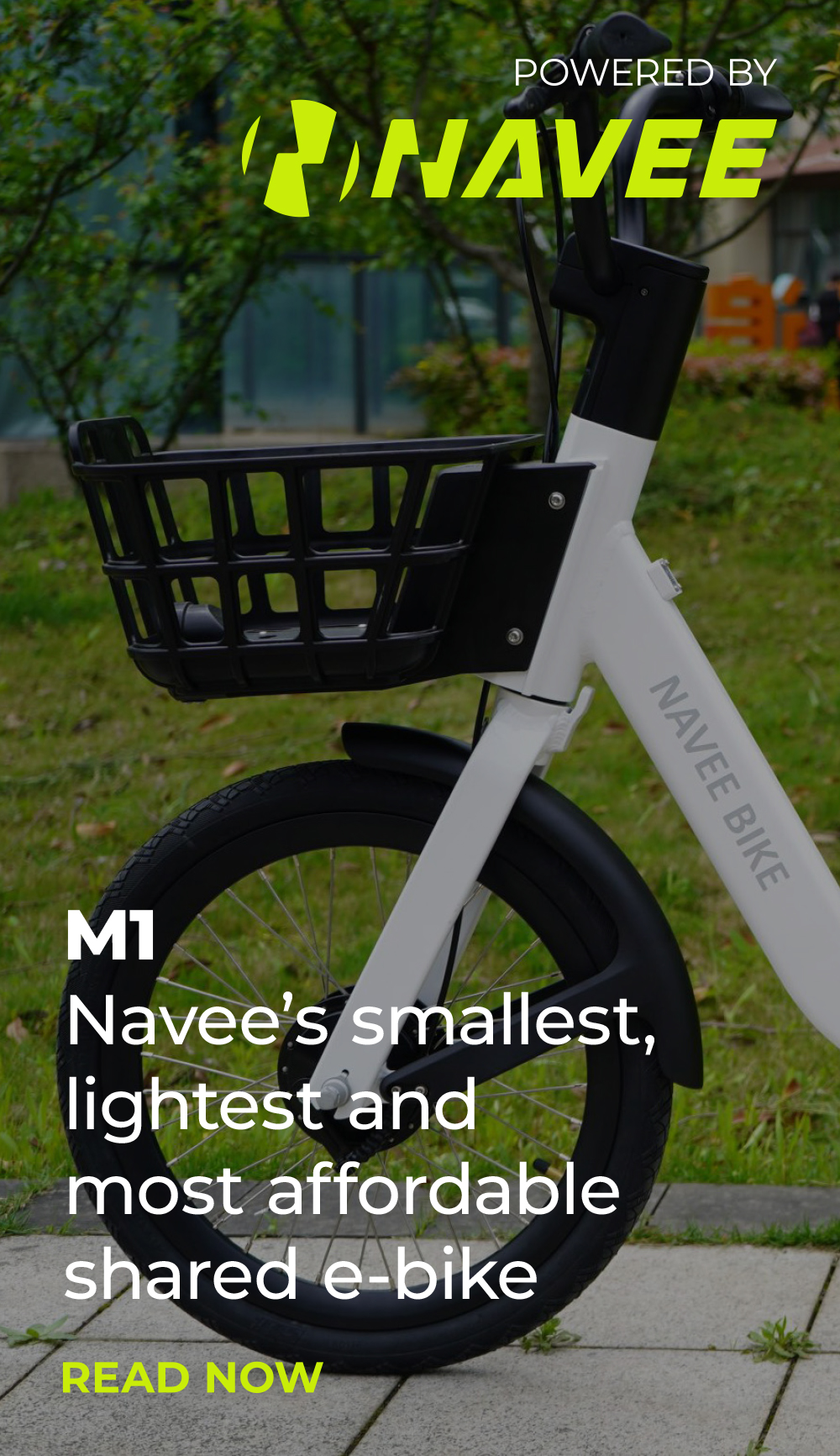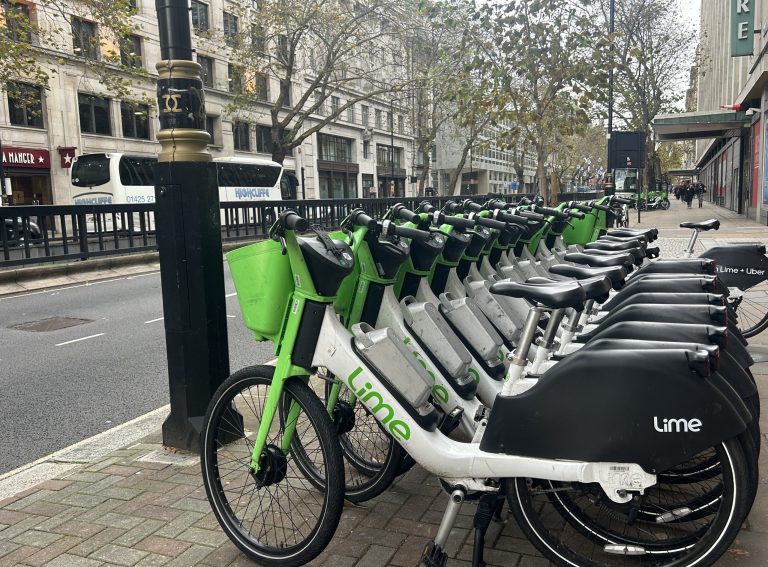Transport for London (TfL) is clamping down on irresponsibly parked dockless e-bikes with a new enforcement plan to apply in the capital.
Under the new approach, TfL may take action against operators who allow their bikes to be parked outside of designated areas on red routes (London’s main routes) and on TfL land like bus garages and station forecourts.
The transport authority has written to operators to collaborate on the enforcement policy, with the aim of reducing the safety threat posed by irresponsibly parked dockless e-bikes and ensuring that shared micromobility is accessible for all.
“Let’s be really clear on this. Dockless bikes are increasingly popular and they’re a great, green, healthy way of getting around the city,” London’s Walking and Cycling Commissioner Will Norman told Zag Daily in an interview.
“The biggest problem we face is irresponsible parking. Large numbers of e-bikes abandoned or parked on busy pavements and roads pose a significant safety concern for older people, people with disabilities, or people with pushchairs. We estimate that the fleet size in London has doubled in the last 12 months, and we have to take some action here.”
The enforcement action operators may face if their bikes are parked inappropriately include fines, the removal of bikes and prosecution. However, Mr Norman said that TfL doesn’t want to get to this stage, but rather aims to create a system where operators can enforce responsible parking through their own mechanisms.
TfL’s updated enforcement plan comes alongside a nearly £1 million investment allocated to boroughs this year to fund 7,500 new parking spaces, in addition to 2,000 parking bays already delivered by boroughs. On red routes, TfL aims to deliver 800 new parking spaces by next summer and 3,000 by the end of 2026.
Mr Norman said that greater success will be achieved in reducing problematic parking of dockless e-bikes with a regulatory framework, and TfL is raising this with the government to potentially grant new powers to transport authorities to regulate dockless e-bikes.
“E-scooters have a regulatory framework because they’re under a national trial, and data for e-scooters shows 95% parking compliance in London. We want to take this and apply this to dockless e-bikes in London.
“However, no city in the UK has a regulatory framework for e-bikes so it’s not just a London issue but a nationwide issue. We are talking to the government about giving cities the power to regulate the system more broadly which is ultimately where we’ll see more success.”
The impact on the industry
Richard Dilks, CEO of national charity for shared transport CoMoUK, said: “It’s welcome that TfL acknowledges the importance of shared e-bikes and e-scooters to the London transport network, and that it understands the need for close collaboration with operators and boroughs.”
According to the charity, the best solution to tackle problematic parking of shared bikes and scooters is “a joined-up pan-London approach”.
“This has been under discussion for some time now between TfL, London Councils, boroughs and operators. Fundamentally, you cannot make bike share work successfully if you’re going to do it 33 different ways across a relatively small area, so a pan-London approach done right is clearly the best way forward.”
Highlighting that this enforcement plan should not be seen as an attack or obstacle for operators, Mr Norman said: “Operators are well aware of the challenges with their own models. The solution is making sure that by working with all of London’s boroughs and operators, dockless e-bikes are parked safely so they work for all Londoners to use and are part of the future.”






